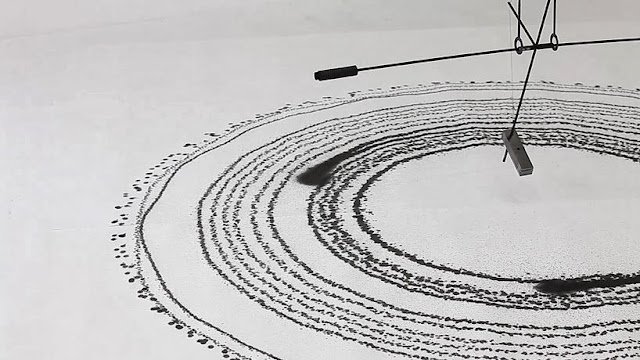combining stability with fun and comfort, 'swing' chair produced by paulsberg is a striking piece of concrete furniture. one of the world's first rocking chairs made from carbon-fiber reinforced concrete, it shows a high finesse with the handmade structure being just 5mm thin. the ergonomically shaped, hard exterior is contrasted by its soft bio-leather upholstering. at the bottom third of the 600w × 800h × 800d mm object, a sheet of leather is applied to protect the floor from all that rocking. produced in stone gray or mouse gray, the approximately 30kg chair is available within a limited edition of 100 pieces.
the hard concrete exterior of the 'swing' chair is contrasted by soft bio-leather upholstering
the handmade structure is just 5mm thin, combining stability with comfort
the 600w × 800h × 800d mm piece is ergonomically shaped to allow for easy rocking
detail of the 'swing' chair by paulsberg.
If you like our posts pleasse support us on facebook : architectday.com
the hard concrete exterior of the 'swing' chair is contrasted by soft bio-leather upholstering
the 600w × 800h × 800d mm piece is ergonomically shaped to allow for easy rocking
detail of the 'swing' chair by paulsberg.
If you like our posts pleasse support us on facebook : architectday.com
Read More »


























































